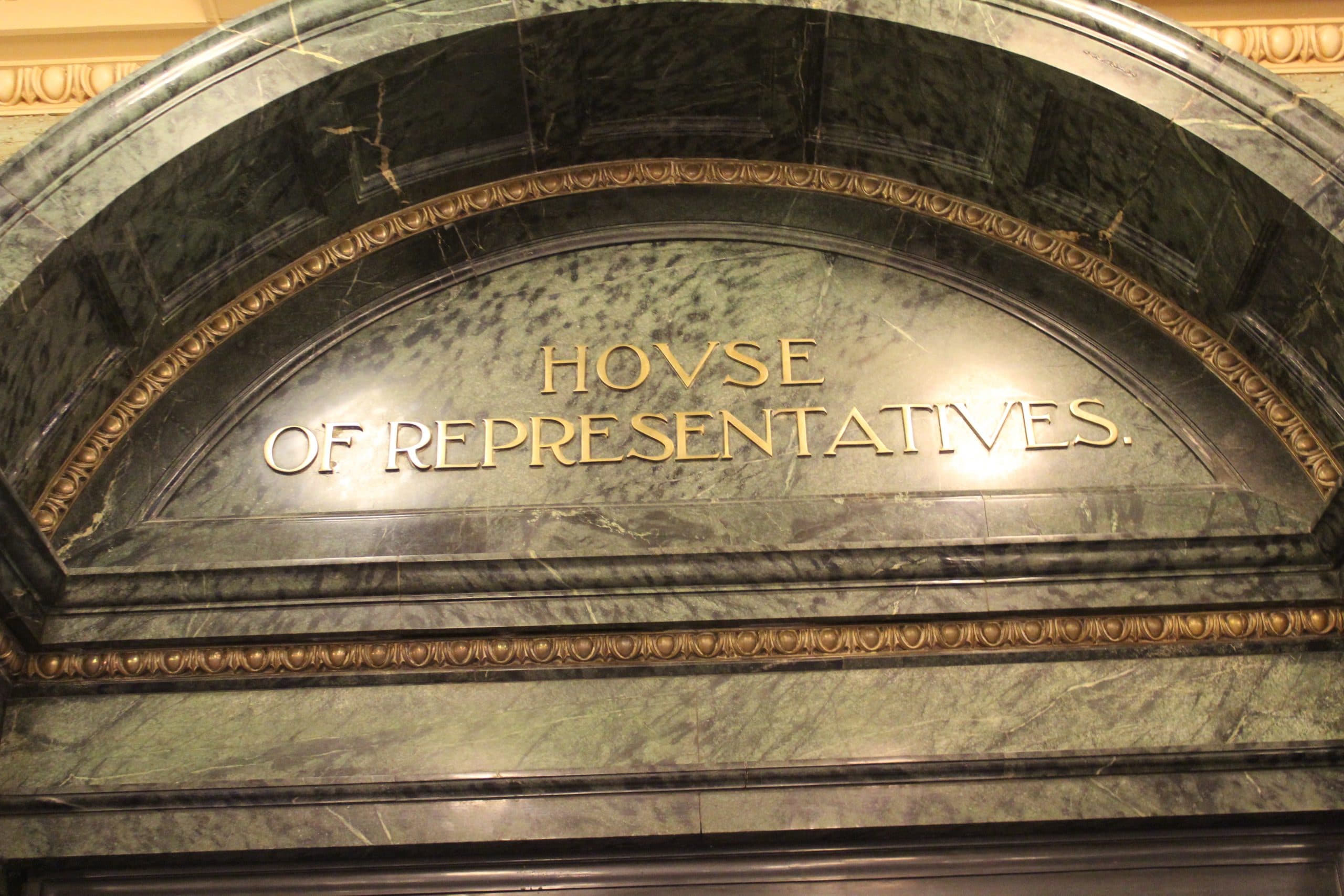A bill to strengthen Mississippi’s human trafficking laws is moving forward. On Tuesday, the Mississippi House of Representatives passed House Bill 571 which changes the state’s laws so that, regardless of the circumstance, a minor cannot be charged with prostitution. The bill also requires specialized training on human trafficking for law enforcement and would develop services for youth survivors of sex trafficking.
Human trafficking is compelling someone to do any type of work against their will. It is any labor with a commercial exchange with some type of force, fraud or other course of nature.
RELATED: MDOT working to fight against human trafficking
The House proposal outlines:
- Providing blanket immunity to minors: clarification that a child under the age of 18 cannot be charged with the crime of prostitution;
- Developing required pathways to specialized services for youth survivors of sex trafficking and commercial sexual exploitation;
- Requiring specialized training to law enforcement to recognize, identify, respond to and support victims of human trafficking and child prostitution.
“This problem exists all around us,” said Speaker Gunn. “I’m proud of House members today for recognizing the severity of this issue in Mississippi. We are working together to strengthen our laws to help some of our most vulnerable citizens.”
In October, the Speaker hosted a one-day conference on human trafficking and brought in experts from around the country. Sarah Bendtsen of Shared Hope International provided input into crafting the legislation. Shared Hope’s goal is to bring an end to sex trafficking using their method of prevention, restoration and bringing justice.
“Share Hope is honored to have worked closely with Speaker Gunn and local stakeholders in developing legislation that addresses child sex trafficking on a comprehensive and innovative level,” said Bendtsen. “HB571 reflects Mississippi’s commitment to identifying and appropriately addressing the crime from all angles. The bill not only empowers state agencies to investigate and effectively respond to the crime, but it also strengthens existing law to ensure that youth who have experienced exploitation are rightfully recognized as and treated as victims, rather than offenders, of a serious crime.”
Sandy Middleton, the executive director for the Center for Violence Prevention in Mississippi, also assisted with the legislation. The center provides a place of refuge and rehabilitation for human trafficking victims.
“The Center for Violence Prevention fully supports the provisions in House Bill 571, and we are very grateful to Speaker Gunn for focusing on this issue,” said Middleton. “Due to this legislation, Mississippi becomes a model for strong policy. Moving forward, we have every confidence that the practice will follow this policy, and victims will have a better chance of recovery.”
The bill passed the House floor vote unanimously.




